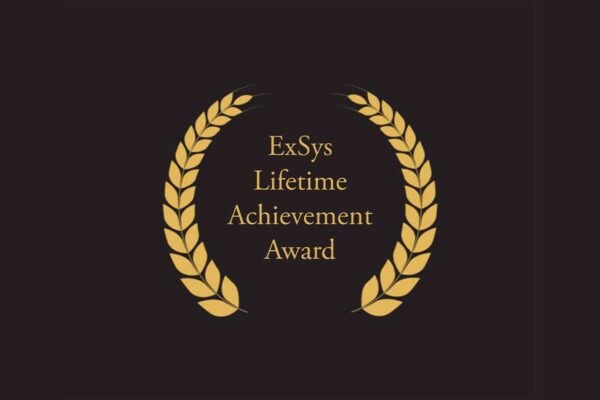The tenth annual World Fair Trade Day happens May 14, 2011. So what is fair trade and how can our industry support it?
Fair trade is a system for the production and distribution of agricultural products and crafted goods from individuals and small enterprises in developing countries, with an emphasis on safe working conditions, fair compensation, sustainable business practices and elimination of child and forced labor. It began in the 1940s when a small organization called Self Help Crafts, (now Ten Thousand Villages), began buying hand-made lace from Puerto Rico, selling it in the United States, and delivering the proceeds back to the impoverished workers who produced it.
Decades later, in 1989, the World Fair Trade Organization (WFTO) was founded. It currently includes 400 organizations from more than 70 countries around the world. Their mission is to eliminate poverty by providing a market for fair trade certified goods while protecting our global environment.
World Fair Trade Day began in 2002 as a means to bring global attention to fair trade through a series of small and large events around the world. A listing of registered events in North America and elsewhere can be found on the organization’s website at http://www.worldfairtradeday10.org. The site also provides outlines for creating your own Fair Trade Day events.
While the official date is May 14, events are taking place everywhere throughout the month of May. While visiting the site, you may also sign the 2011 Declaration supporting fair trade.
So what are some examples of fair trade products that our industry could be buying? Coffee is first on my list. In addition to humanitarian considerations, certified coffee is farmed in a manner that protects the environment. One statistic says that if a single household switches to certified coffee for one year, it can help to preserve roughly 9000 square feet of rain forest. Imagine what impact our industry could have if we all purchased certified coffee for every event we plan.
Other fair food products include tea, sugar, wine, cocoa, fruit juices and nuts. How many of these items could be used in event menu planning? A good source for purchasing fair trade coffee is found at www.coffeewithperks.net.
Instead of offering the same old giveaway items at a tradeshow booth, why not order unique, hand-crafted items from a source like www.tenthousandvillages.com and brand your company or show as a supporter of fair trade? There are many small, inexpensive goods available that are comparable in cost to usual promotional items. Booth visitors will be much more likely to hold onto your marketing piece if they understand the significance of the item’s origin.
To illustrate, I recently received a cloth jewelry bag handmade by women in Uganda. It is both beautiful as well as the most functional means I have ever had for transporting my jewelry when I travel. I treasure it all the more knowing that a woman in poverty was helped to support herself and her family because my friend was thoughtful enough to buy this for me. For more items like this, visit www.beadforlife.org.
The temporary extravagance of corporate tradeshows and conventions stands in stark contrast to the abject poverty of the approximately 2 billion people on our planet who survive on less than $2 per day. By using our combined buying power to make fair trade purchases, we can make a real difference in our global community and protect the health of our planet at the same time.
Green Tip for May:
If you are planning a meeting or show in the month of May, it is not too late to honor World Fair Trade Day. Order fair trade products, make a donation to the WFTO, or host a fair trade coffee or wine tasting in conjunction with your event.
| Home |
| People on the Move |
| National News |
| International News |
| Opinions |
| Tradeshow Calendar |




























